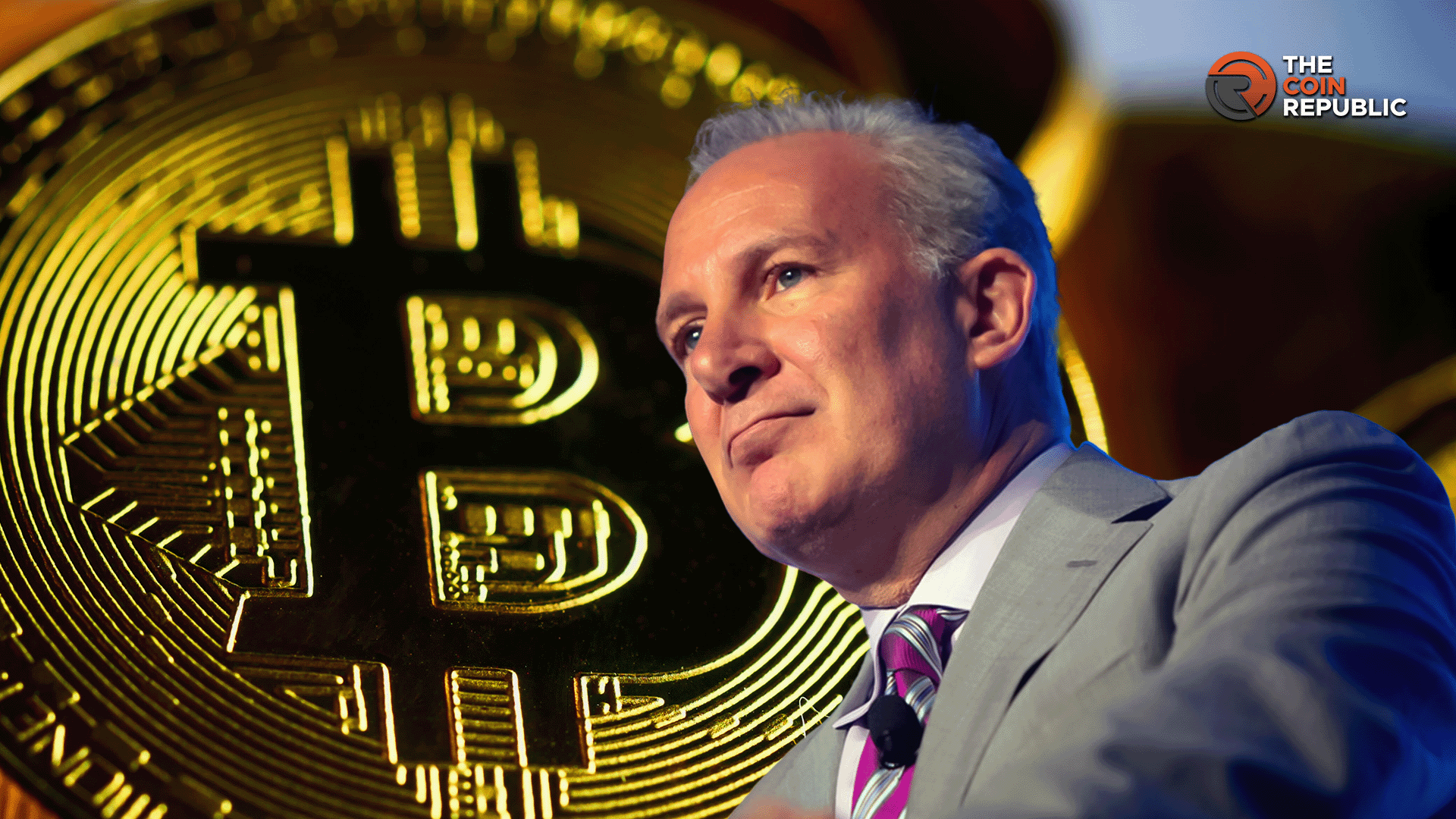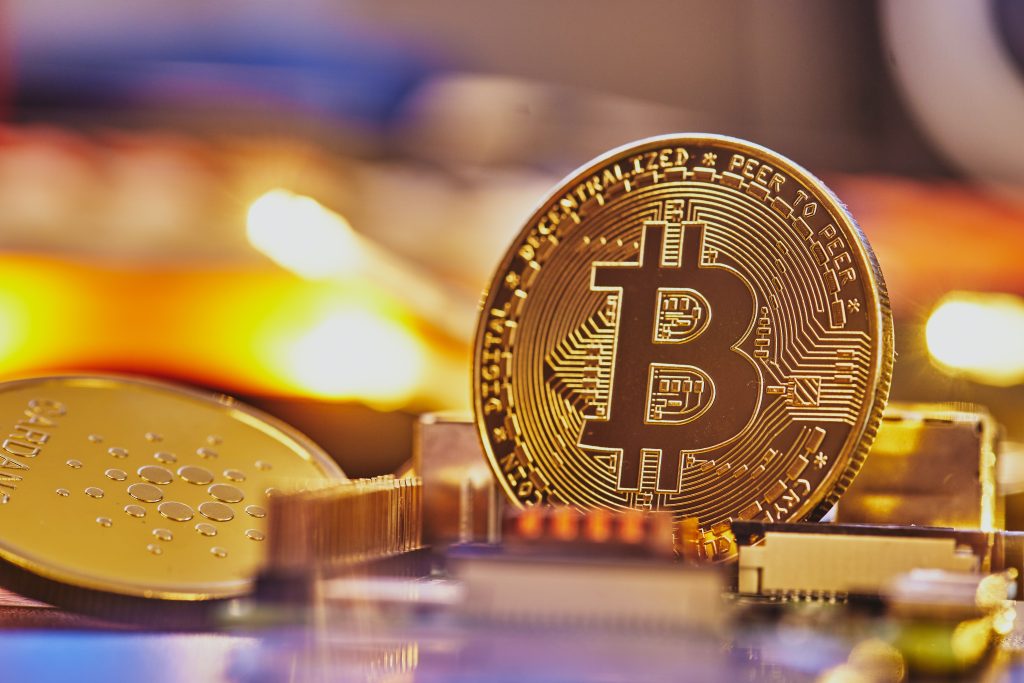Peter Schiff, a well-known economist and Bitcoin critic, has recently shared his opinion about the Strategic Bitcoin Reserve (SBR) idea.
This is an initiative that President-elect Donald Trump and other pro-Bitcoin investors are championing.
Peter Schiff’s Idea of USACoin
On X, Schiff suggested that the US create its digital currency, USACoin, to replace the need for a Bitcoin reserve.
He believes USACoin could offer a more stable, efficient, and accessible alternative to Bitcoin. He believes USACoin may be especially good for the U.S. government’s strategic reserves.
Peter Schiff envisioned USACoin as a token that could mirror Bitcoin’s key features. This includes its fixed supply of 21 million coins.
However, the government would need to leverage blockchain technology and improve its design to make it suitable for mainstream use.
– Advertisement –
He proposes using a blockchain similar to Bitcoin’s but with enhanced scalability and security measures.
This is to ensure that USACoin can handle large-scale payments without the volatility and network congestion issues associated with Bitcoin.
The idea behind USACoin is simple: it would offer a capped supply. This would create scarcity that could increase value over time, much like Bitcoin.

However, the proposed coin will be designed to address some of Bitcoin’s limitations.
This is especially because of its slow transaction speeds and high energy consumption. By addressing these issues, USACoin could position itself as a practical solution for consumers and businesses.
Peter Schiff argues that if the U.S. government were to adopt USACoin, it could avoid the unpredictable nature of Bitcoin. At the same time, it still capitalizes on the benefits of blockchain technology.
The Challenge with Bitcoin Strategic Reserve
Financial and political circles are discussing the concept of a Bitcoin strategic reserve.
The idea is for the U.S. to hold a reserve of Bitcoin to safeguard against economic volatility. As well as potentially harness Bitcoin’s rising value.
Recently, Castle Island Ventures founding partner Nic Carter highlighted the drawbacks of this initiative.
He noted that Bitcoin’s notorious price volatility makes it an unreliable store of value for the government. This is especially true during periods of financial instability.
He illustrated that Bitcoin’s value can skyrocket but also plummet dramatically. This could pose a risk to any country relying on it as a reserve asset.
Moreover, Bitcoin’s blockchain, though decentralized, faces scalability issues.
As more users join the network, the system becomes slower, and transaction fees rise. This could pose a significant challenge for using Bitcoin in real-world applications.
Notably, this can negatively impact governments or institutions needing efficient payment systems.
Bitcoin’s energy consumption and mining have sparked concerns about its environmental impact. This fact has also made it less attractive as a long-term solution.
These issues have led many to question its sustainability for the future.
What the Bitcoin Strategic Reserve Proponents Are Saying
Despite these challenges, a Bitcoin strategic reserve has gathered substantial support.
Proponents believe its ability to hedge against inflation and its digital nature make it an ideal reserve asset for the U.S.
Supporters also say Bitcoin offers a way to move away from the traditional fiat systems and into a new era of Decentralized Finance (DeFi).
One of the most prominent voices in this push is Senator Cynthia Lummis, who sponsored the “Bitcoin Act of 2024.”
Experts like Matthew Sigel from VanEck have also proposed that a Bitcoin reserve could offset 36% of the national debt by 2050.
However, Peter Schiff challenges this thinking, suggesting that USACoin could achieve the same benefits without the associated risks.
In his view, USACoin could serve as a stable digital asset, one that is tailored to the needs of both investors and everyday users.










